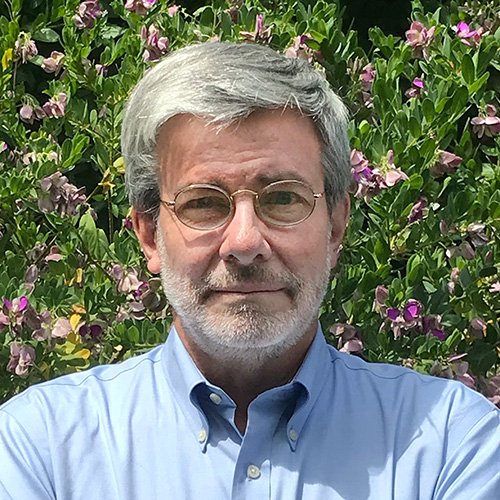Episode 193: Rick Sander
Racial Disparities in Housing and Education
Well, Rick Sander has been working on questions of social and economic inequality for nearly all of his career. From being an activist in Chicago back in the day, to his published works, Rick truly understands the longstanding roots of residential segregation in the United States, and how it continues to evolve. But there is still some confusion about the origins of segregation and how it affects us, from our neighborhoods to our universities and everywhere in between.
Rick is a professor of law at UCLA, an economist, and an author of “Moving Toward Integration: The Past and Future of Fair Housing,” and “Mismatch: How Affirmative Action Hurts Students It's Intended to Help, and Why Universities Won't Admit It.”
Greg and Rick dive deep into segregation in this episode, discussing what really draws people to certain neighborhoods, the disappearance of ethnic enclaves, trends toward greater integration efforts, and getting rid of racial and legacy preferences.
Episode Quotes:
On economic segregation
13:40 - Economic segregation is a problem. But, it's wrong to think that we're gonna solve racial segregation by doing that stuff. And we tend to put a lot of political capital, as we’ll get to when we talk about affirmative action. We tend to put large amounts of political capital into strategies without thinking through in advance: Is this actually going to solve the problem we're trying to solve?
Why do academic institutions ignore mismatch?
4:38: - [Academic] Mismatch is clearly a big problem. And the real frustration here is that our academic institutions have just ignored it. They're afraid to take on something that's politically sensitive.
Social Mismatch
37:47 - There's a phenomenon we call: "social mismatch." So you might say, well, even given this academic mismatch, this is a price that we're willing to pay because we want to create these integrated campuses. And I think that's wrong for a couple of other reasons, but the key problem is that it endures social mismatch.
Show Links:
Recommended Resources:
“Why Poor Families Move (And Where They Go)” - study by Ross Chetti and Stephanie DeLuca
“Outliers” by Malcolm Gladwell
Guest Profile:
Faculty Profile at UCLA Law





